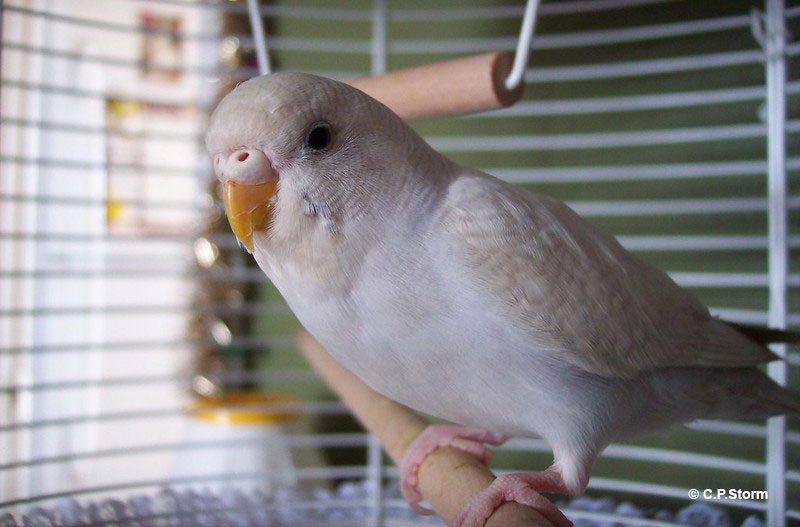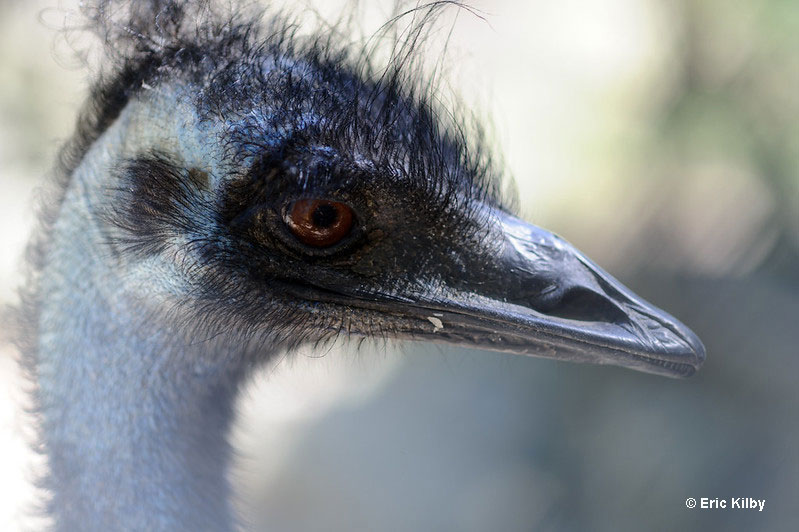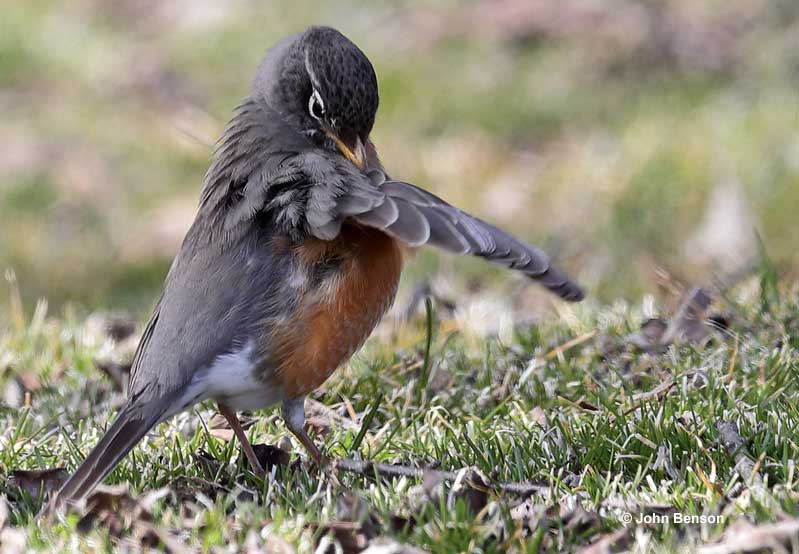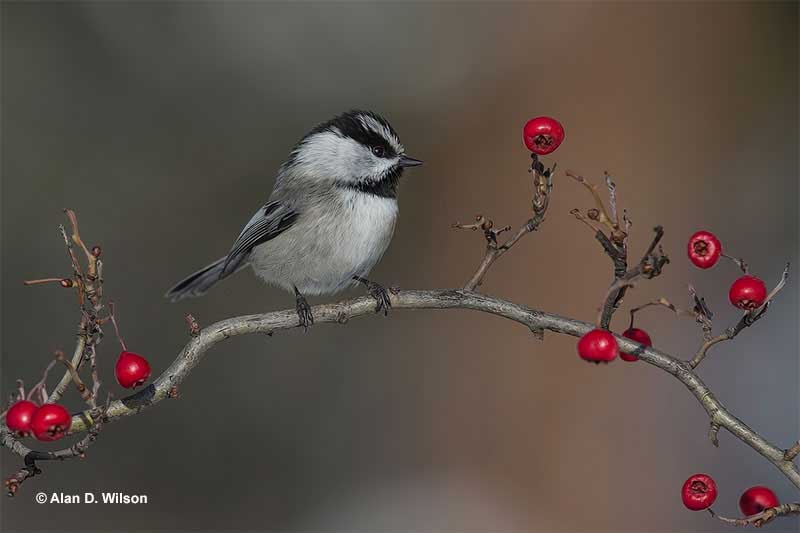Parrots are such amazing birds! They can have beautiful green, blue, and red feathers, loud voices, and are incredibly smart. It’s no wonder parrots are such popular pets.
These birds can also live for many years. Rumors abound of parrots living longer than people but is that true?
How long do parrots normally live? Can pet parrots live much longer than wild birds?
How Long Do Parrots Live?
Parrots can live really long lives! In general, small species like Budgies and parakeets don’t live nearly as long as big parrot species like macaws and cockatoos. However, on average, most parrot species do live longer than other types of birds.
Budgies are probably the parrot species that live the least amount of time. In the wild, like other small animals, these birds have become adapted to breeding a lot and living shorter lives.
They have evolved this strategy because a lot of animals prey on them.
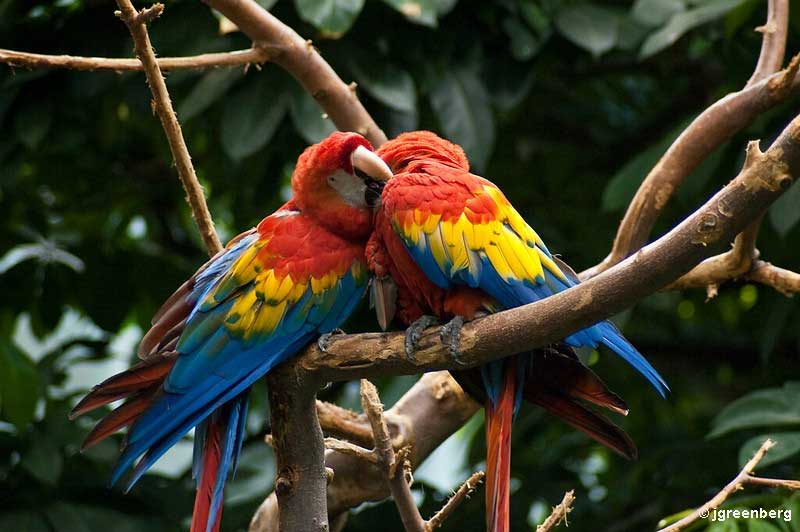
They can live for as few as five years although some Budgies live to be 18. Lovebirds are another small parrot species that don’t live very long. These pretty African parrots live for 10 to 15 years. Cockatiels also have a similar lifespan.
Medium-sized parrots, conures, parakeets live a fair bit longer, anywhere from 10 to 30 or even 40 years. However, big parrots like Amazon and African Gray Parrots often live as long as people. These smart birds sometimes live to be 65 or even 70!
That’s a long time but the largest parrot species can live even longer. Some macaws and big cockatoo species have lived to be 80 or even older!
Adopted Parrots vs Wild Parrots?
Parrots live for a long time, but there is a big difference between captive and wild birds. This is typical for most animals held in captivity, especially parrots and parakeets.
Budgerigars in particular live much longer in captivity. In the wild Australian “outback” where these small parakeets occur, they are preyed on by falcons, snakes, and other animals.
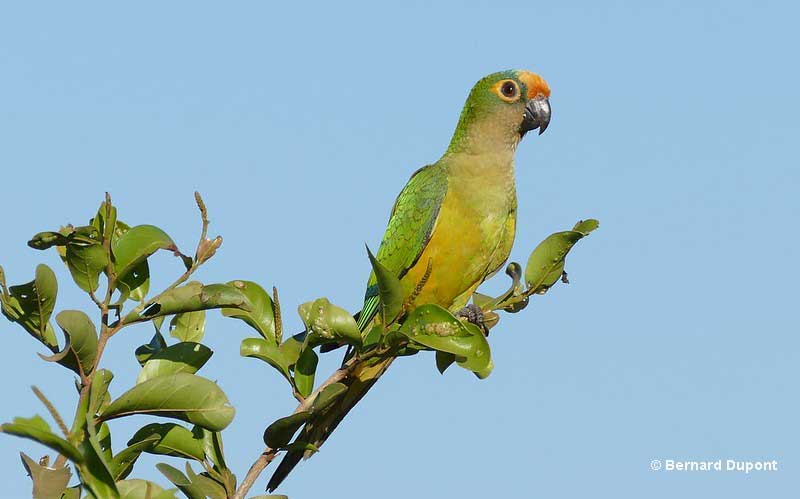
Although some individuals can live to be ten or more, most succumb to predation or other factors by the age of five. In captivity, they can easily live to be ten or even 18 years of age.
In general, most wild parrot species live only half the numbers of years they would live in captivity.
For example, adopted African Gray Parrots might live to be 60, whereas wild birds have an average lifespan of 30 or 40 at the very most.
It’s a similar situation for macaws. These big parrots can live very long lives as companions but in the wild, most don’t live longer than 30 years. Some individuals probably reach 40 or 50 years but that’s still several years less than captive birds.
Cockatoos can also live to be 60 or even longer in captivity but just 20 or 30 years in the wild.
Dangers
Why do parrots live much longer in captivity than in the wild? The answer is the same for so many other animals that also live longer in captivity. In the wild, parakeets, macaws, and other parrot species have to deal with threats that just don’t exist in captivity.
No matter how big or small, all parrot species have to be careful of predators. This becomes obvious for anyone who watches parrots and parakeets in their native tropical forest habitats. When I see a screaming flock of parakeets fly into a tree in Costa Rica, it’s as if they suddenly disappear!
They become immediately quiet and their green plumage acts as fantastic camouflage. As the birds quietly feed, one or more perches in the top of the tree and constantly looks around for predators.
Those parakeets and other parrots have to watch for a variety of falcons and hawks that would love to catch them. Snakes can also attack nesting parrots and they can succumb to disease.
Captive birds, on the other hand, are completely protected from predators, and can receive veterinary care. As long as those adopted birds are given lots of love and care, they also lead much less stressful lives than their wild counterparts.
Is there a way to help parrots live longer?
In the wild, there’s not a whole lot we can do to help individual parrots live longer. However, we can help them continue to live as a natural part of their environment. We can do this by protecting the mature tropical forests where they live, never buying wild birds, and promoting local conservation education efforts in the places where they occur.
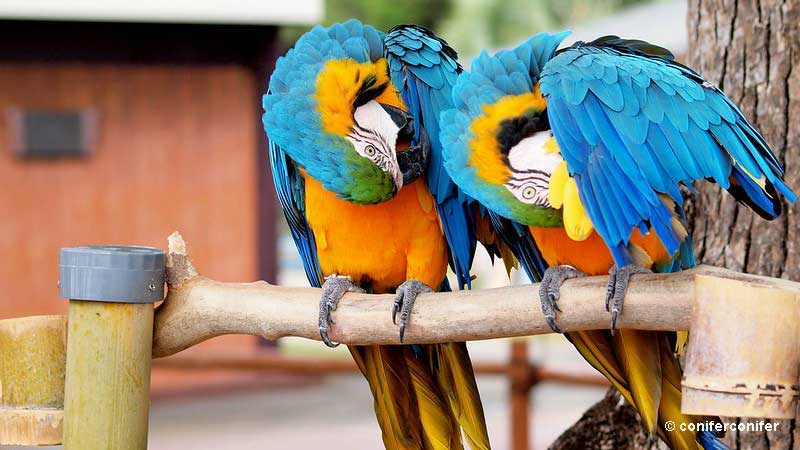
Most parrots need good-sized areas of forest with lots of big, mature trees with nest cavities. Protecting such nesting trees is vital for conserving macaws and many other species. Likewise, local education programs might also be necessary to reduce the number of birds local people take from nests.
In captivity, the best way to help parrots live longer is by giving them affection and the care they need. Since parrots are extremely social birds that form strong pair bonds, they need lots of attention and care. They should also only be fed certain types of foods and taken to the vet as soon as they show any signs of illness.
Frequently Asked Questions
What is the life expectancy of a parrot?
The life expectancy of a parrot is anywhere from 20 to 50 years. Some larger species like cockatoos and macaws can live to be 70 or more!
Can parrots live 100 years?
Although it’s rare, in good living conditions, parrots can live 100 years. Macaws and cockatoos are the parrots most likely to have long lifespans.
What is the maximum age of a parrot?
The maximum age of a parrot is 114 years. This is the reported age for a captive Blue and Yellow Macaw in England named “Charlie”.
What pet parrot lives the longest?
African Gray Parrots, macaws, cockatoos and amazons have a good chance of living long lives, but it depends on other factors as well.
Why do parrots live so long?
There is no certain answer to why parrots live longer lives. However, like other long-lived species, they tend to have lower numbers of babies than other birds.
Are parrots hard to keep?
Parrots aren’t hard to keep. However, they do require a great deal of attention for many years. When you adopt a parrot, the bird will probably make a bond with you, may want to be with you most of the time, and will feel this way for decades!
